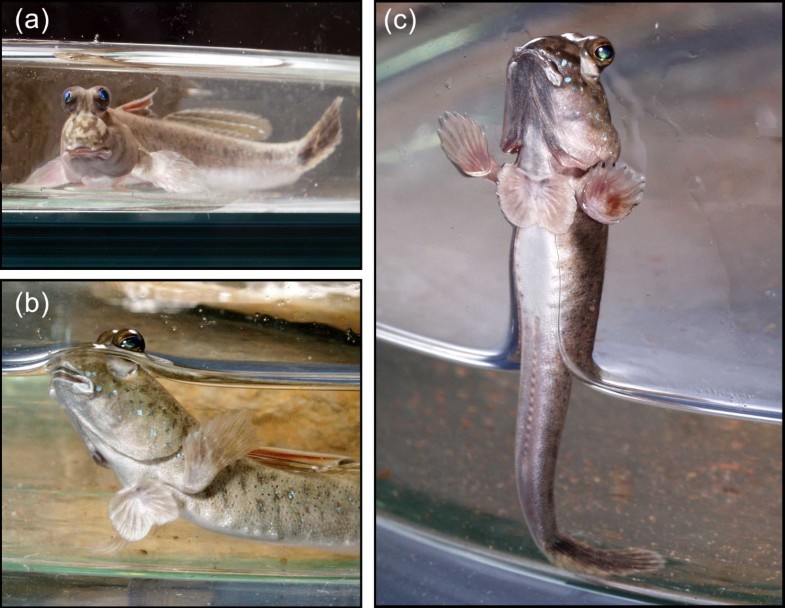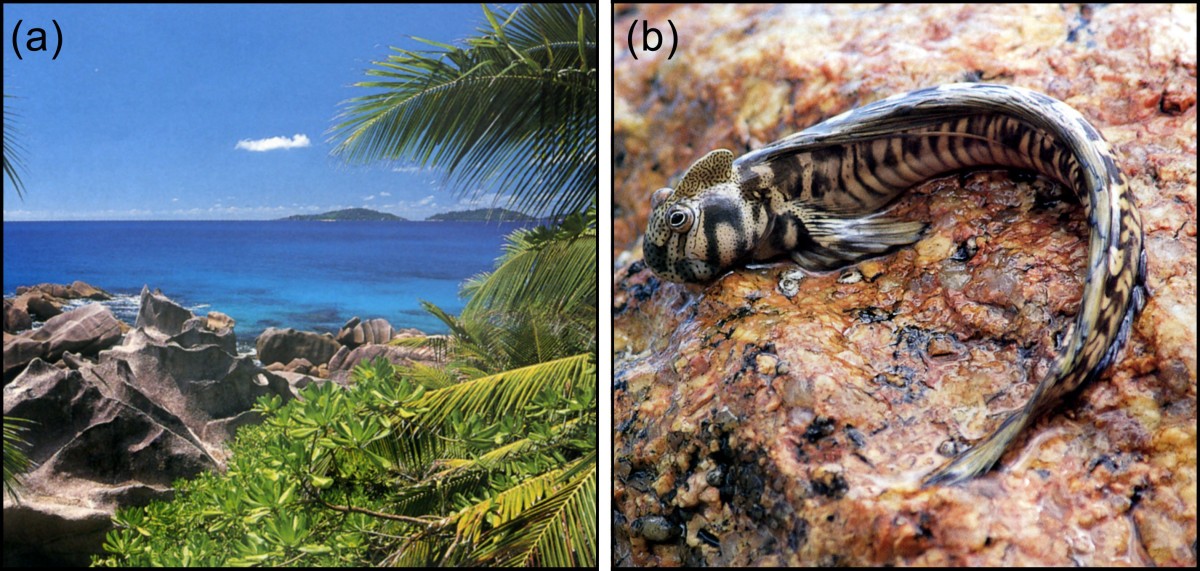- Joined
- Apr 9, 2014
- Messages
- 19,939
- Reaction score
- 33,628
- Points
- 113
- Location
- $62.75 would help feed Paxton
The 'natural selection' piece can be argued. How else do you explain the races? We all descend from Africans. How do we get the Swedish Bikini team?
Melanin helps the body protect itself from sun exposure and sun burn, including skin cancer. Melanin is much less important for colder environments, like England, Sweden, Ireland. This article explains:
Why do people from different parts of the world have different colored skin? Why do people from the tropics generally have darker skin color than those who live in colder climates? Variations in human skin color are adaptive traits that correlate closely with geography and the sun’s ultraviolet (UV) radiation.
As early humans moved into hot, open environments in search of food and water, one big challenge was keeping cool. The adaptation that was favored involved an increase in the number of sweat glands on the skin while at the same time reducing the amount of body hair. With less hair, perspiration could evaporate more easily and cool the body more efficiently. But this less-hairy skin was a problem because it was exposed to a very strong sun, especially in lands near the equator. Since strong sun exposure damages the body, the solution was to evolve skin that was permanently dark so as to protect against the sun’s more damaging rays.
Melanin, the skin's brown pigment, is a natural sunscreen that protects tropical peoples from the many harmful effects of ultraviolet (UV) rays. UV rays can, for example, strip away folic acid, a nutrient essential to the development of healthy fetuses. Yet when a certain amount of UV rays penetrates the skin, it helps the human body use vitamin D to absorb the calcium necessary for strong bones. This delicate balancing act explains why the peoples that migrated to colder geographic zones with less sunlight developed lighter skin color. As people moved to areas farther from the equator with lower UV levels, natural selection favored lighter skin which allowed UV rays to penetrate and produce essential vitamin D. The darker skin of peoples who lived closer to the equator was important in preventing folate deficiency. Measures of skin reflectance, a way to quantify skin color by measuring the amount of light it reflects, in people around the world support this idea. While UV rays can cause skin cancer, because skin cancer usually affects people after they have had children, it likely had little effect on the evolution of skin color because evolution favors changes that improve reproductive success.
There is also a third factor which affects skin color: coastal peoples who eat diets rich in seafood enjoy this alternate source of vitamin D. That means that some Arctic peoples, such as native peoples of Alaska and Canada, can afford to remain dark-skinned even in low UV areas. In the summer they get high levels of UV rays reflected from the surface of snow and ice, and their dark skin protects them from this reflected light.
http://humanorigins.si.edu/evidence...r-variation/modern-human-diversity-skin-color
It's on the internet, so it has to be true.




